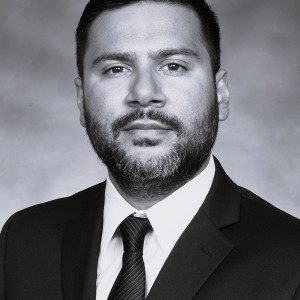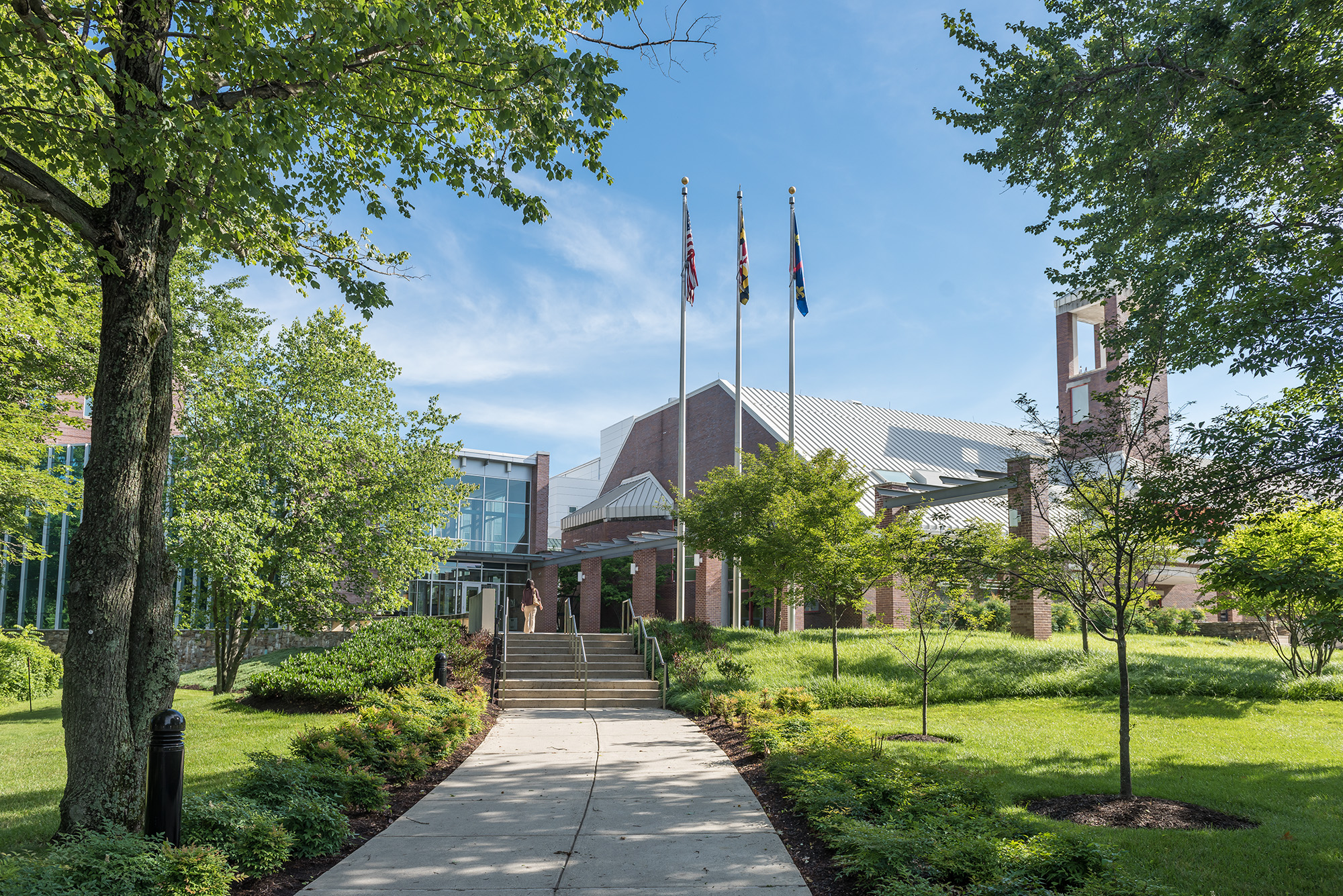Profile

S. Saif Hasan
Associate Professor
Hasan Group (240) 314-6396 sshasan@som.umaryland.eduPUBLICATIONS AND NEWS
June 2025: Saif's post-doc work on EEEV has been featured as PDB's "Molecule of the Month".
June 2025: Suruchi's manuscript on spike protein secretion is now under review. Fingers crossed.
February 2025: Suruchi's article on the production and single particle cryoEM structure of the spike ecto-domain construct has been published in the Journal of Structural Biology X.
August 2024: We received an R21 grant from NIH.
July 2024: Anil joins the lab.
May 2024: Suruchi has received a Travel Award from the American Crystallographic Association to present her work on spike protein biogenesis at their Annual Meeting in Denver CO.
April 2024: Debajit has moved to the University of York in England after a successful stint in the lab- three first author research articles, two review articles, and a book chapter.
December 2023: Debajit's article on the structural and functional implications of SARS-CoV-2 spike trafficking has been published in Nature Communications.
December 2023: Debajit's article on coatomer WD40 domain production has been published in Protein Expression and Purification.
October 2023: We received our first R01 grant from NIH!
March 2023: We received funding from the American Thoracic Society!
February 2023: Our manuscript on the structural and functional implications of SARS-CoV-2 spike trafficking is now available at biorxiv.
November 2022: First cryoEM structure of the lab: the full-length spike protein of SARS-CoV-2 in detergent by Suruchi! Data collected at PNCC on a Titan Krios TEM.
May 2022: Debajit has received a Travel Award from the American Society for Virology to present his structural work on the evolution of trafficking signals in the SARS-CoV-2 spike protein.
February 2022: Our research on the biophysical and structural basis of molecular mimicry displayed by SARS-CoV-2 spike protein was published today in Communications Biology!
December 2021: Finally, we have determined the co-crystal structure of the SARS-CoV-2 spike tail complexed with the coatomer WD40 domain. This took over a year of trial-and-error by Debajit.
July 2021: Read our review article on the structural biology of Eastern equine encephalitis virus, which caused a major outbreak in North America in 2019.
April 2021: Take a look at our review article on the structural biology of flaviviruses that infect nearly 400 million people every year.
January 2021: Suruchi and Matt join the lab.
September 2020: We received our first extra-mural grant from the American Thoracic Society and Glaxo Smith Kline!
August 2020: We received support from MPower to investigate the structural biology of SARS-CoV-2 spike protein.
March 2020: Debajit joins the lab.
Here is a link to our publications on Google Scholar.
HOW DO ORGANELLES TALK AND VIRUSES EAVESDROP?
Our research: Biological processes are complex and require coordinated activity of multiple proteins in vastly distinct biochemical environments. These specialized biochemical environments are sequestered in membrane bound organelles. The coordinated activity of cellular organelles ensures that complex multi-step biological tasks are executed correctly to maintain cellular homeostasis. We are interested in determining the fundamental principles of how trafficking and communication between eukaryotic organelles are hijacked by epidemic causing coronaviruses to achieve virus propagation and progeny assembly. A primary focus is on host hijacking by SARS-CoV-2 and newly emerging coronaviruses in farm animals. These viruses employ sequence similarity with host cargo proteins to divert metabolic resources towards viral progeny assembly. As such, these viruses provide critical molecular tools to probe and discern the structural and biophysical basis of inter-organelle trafficking. We hope that comparative investigations of coronavirus proteins will advance the fundamental understanding of cellular metabolism and of diseases such as cancers, cardiac diseases, and neurodegeneration.
Our tools: Our research mainly uses a combination of latest high-resolution structural technologies such as single particle cryo-electron microscopy (cryo-EM) and X-ray crystallography and biophysical assays to deduce high-resolution insights into the molecular basis of inter-organelle communication and virus-host interactions. Our laboratory is in IBBR in Rockville MD, which is home to a new cryo-EM facility that includes a 200 keV Talos Arctica TEM equipped with a Falcon 3 direct electron detector. A second 200 keV TEM, a Glacios, is currently being installed with a K3 direct electron detector and a Volta Phase Plate. We have access to a 950 MHz NMR spectrometer and latest crystallographic data-collection facilities, which complement our cryoEM investigations.
Our collaborations: Our structural research is enriched by collaborative NMR analyses of protein conformational dynamics, , mass spectrometry-based determination of post-translational modification landscapes, computational protein design, and cell biology of coronavirus trafficking and assembly.
Our workplace: We are always looking for post-doctoral researchers interested in structural investigations of membrane protein complexes and assembly of epidemic causing viruses. Feel free to drop an email to Saif to enquire about vacancies. IBBR is home to research groups from University of Maryland Baltimore, University of Maryland College Park, and the National Institute of Standards and Technology. As part of our team, you will have opportunities to interact with colleagues working on a wide variety of research questions in virology, immunology, onco-biology, bacterial pathogenesis, plant biology, in-silico structure prediction, methodology development, and biomanufacturing.
Our city: Rockville is a picturesque, multi-cultural, diverse, and welcoming city, which is well connected to the rest of the world through IAD, BWI, and DCA airports. If you are adventurous in your food, we have everything from local seafood to scrumptious cuisines from Asia, Africa, and Europe. If you enjoy natural history (dinosaurs maybe), nature (anyone up for the cherry blossom festival?), and animals (small rodents to big elephants), then this is the right place for you as we are connected by the red metro line to Washington DC, which has the Smithsonian Museum of Natural History and the Smithsonian National Zoological Park. With two young kids, Saif is a self-proclaimed jedi master who employs mind tricks with juice-boxes and cheese sticks to ensure smooth excursions to DC.
We hope to have you onboard soon!
PUBLISHED STRUCTURES
PDB IDs (graduate and post-doctoral research): 2ZT9, 4H0L, 4H13, 4H44, 4I7Z, 4OGQ, 4PV1, 5UHY, 6MUI, 6MW9, 6MWC, 6MWV, 6MWX, 6MX4, 6MX7
EMDB IDs (post-doctoral research): 8548, 9249, 9274, 9275, 9278, 9279, 9280, 9281, 20025, 9340
From Hasan Lab: 7S16, 7S22, 7S23
ALUMNI
Niki Gooya (Undergraduate researcher, June-August 2019): Neurobiology graduate student, Johns Hopkins University
Matthew Martin (Post-bac, January-June 2021): Structural biology graduate program in University of Pittsburgh
Corrinne Wilson (Post-bac, July 2021-September 2022): Patient Coordinator and Analyst, Healthy Foundations Group
